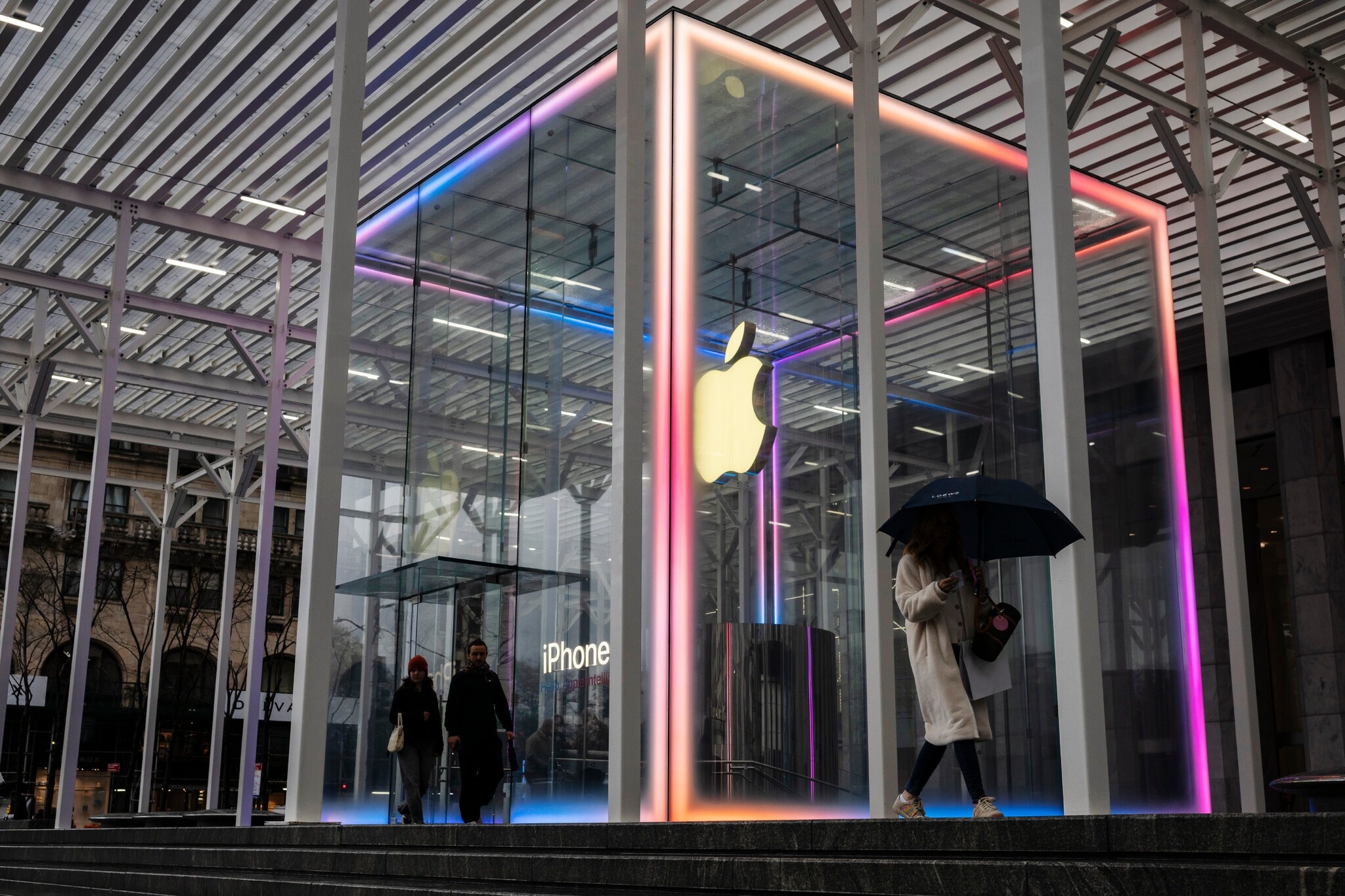
On the evening of April 12 (Vietnam time), US President Donald Trump announced that many electronic devices would be exempted from tariffs. Previously, the tariff and reciprocal tax policies for many countries, especially 125% on goods manufactured in China, caused chaos in the technology world.
If the tariffs go into effect, companies like Apple will face increased price pressure on their products. Meanwhile, the new policy means devices like the iPhone, iPad, Mac, Apple Watch, and AirTag will no longer be subject to heavy tariffs when imported into the US.
According to analysts, the Trump administration's tax exemption helps Apple avoid the biggest crisis since the pandemic, although everything may only be temporary.
Apple leaders "breathe a sigh of relief"
Currently, companies are still subject to a 20% tariff on Chinese goods related to fentanyl. While Mr. Trump could announce separate tariffs on individual products, the temporary exemption still marks a victory for Apple and the consumer electronics industry, which relies on assembly plants in China.
“This is a big relief for Apple. Tariffs can cause inflation in material costs,” said analyst Amit Daryanani of Evercore ISI .
Before the exemption, Apple had been dealing with tariffs by increasing iPhone imports from India, a country with lower reciprocal duties than China. Company executives said this was a short-term solution to avoid tariffs and price increases.
India is expected to produce more than 30 million iPhones a year, which is enough to meet most of the demand in the US, according to Bloomberg . Currently, Apple sells about 220-230 million iPhones a year, with about a third of those sales coming from the US.
However, shifting the supply chain to India is not simple, especially when Apple is close to the production stage of iPhone 17 - a device expected to be assembled mainly in China.
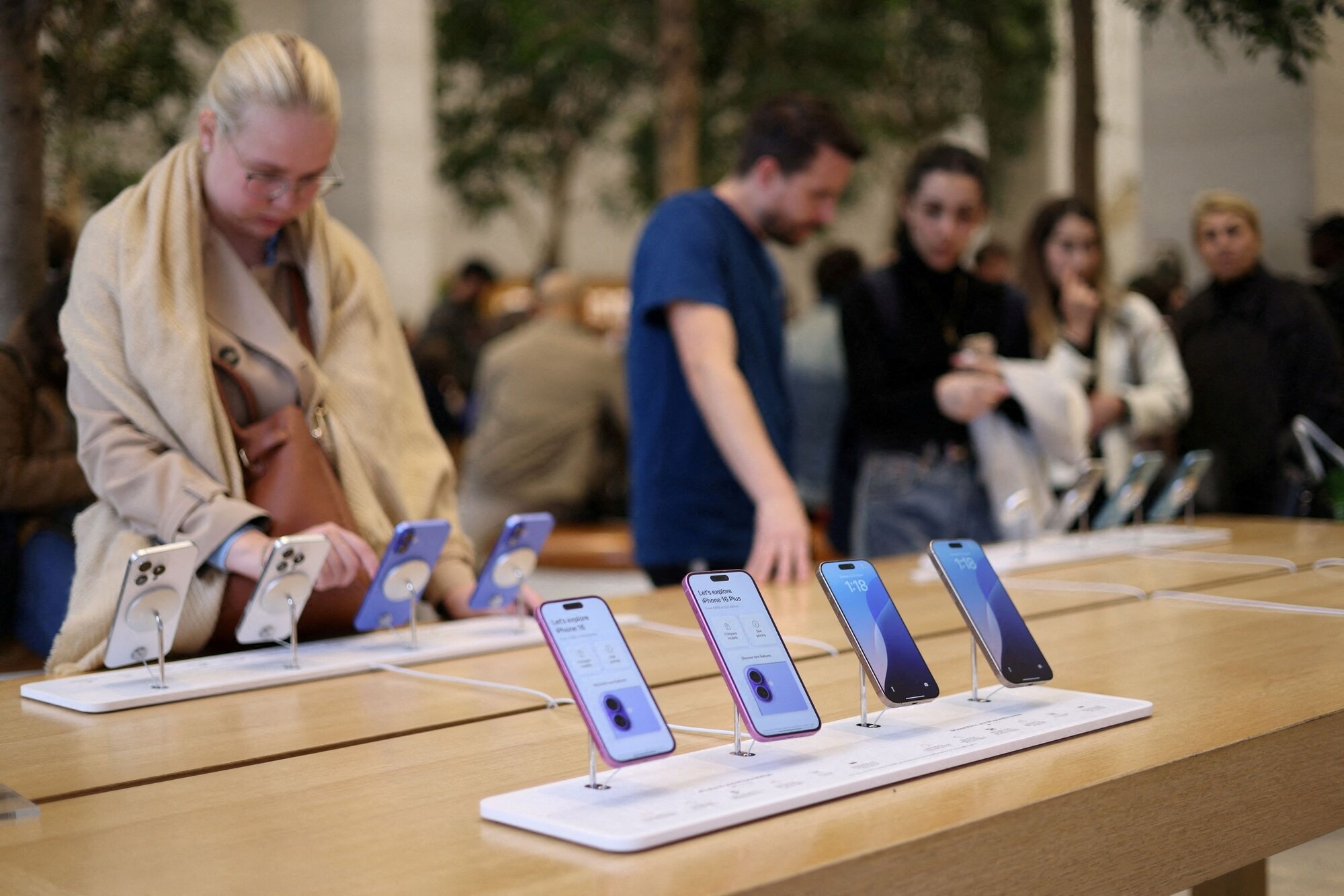 |
The iPhone 16 series is displayed in an Apple store. Photo: Reuters . |
According to Bloomberg , fears about the impact of tariffs on the iPhone 17 launch plan have gripped Apple's operations, finance and marketing departments.
If tariffs remain in place, Apple has just months to shift more iPhone 17 production to India or another country. The company also faces tough choices, including raising prices to maintain its profit margins.
This also poses a difficult problem for the marketing department, when it has to convince users that it is worth the higher price.
Of course, Mr. Trump’s policies could still change in the near future, posing challenges for Apple and many other technology companies. However, Apple’s leadership can “breathe a sigh of relief” at least for now.
What other strategies does Tim Cook have?
This isn’t the first time Trump has exempted tech products from tariffs. During his first term, the president exempted some Apple devices imported from China, worth about $200 billion . At that time, Cook convinced the administration not to impose tariffs on iPhones, AirPods, and Apple Watches.
Tim Cook is one of the tech leaders who has actively courted Mr. Trump. According to the New York Times , the Apple CEO donated $1 million to the president's inauguration in January. He also went to the White House and announced Apple's $500 billion investment in the US over the next four years.
This was also the strategy Cook chose during Trump's first term. To relieve pressure from the administration, Cook built a personal relationship with the president.
Still, it’s unclear whether Trump will favor Apple at this stage, especially if the tariffs are larger and more stringent. Wall Street analysts estimate that iPhones could cost $1,000 to $1,600 more if the tariffs go into effect.
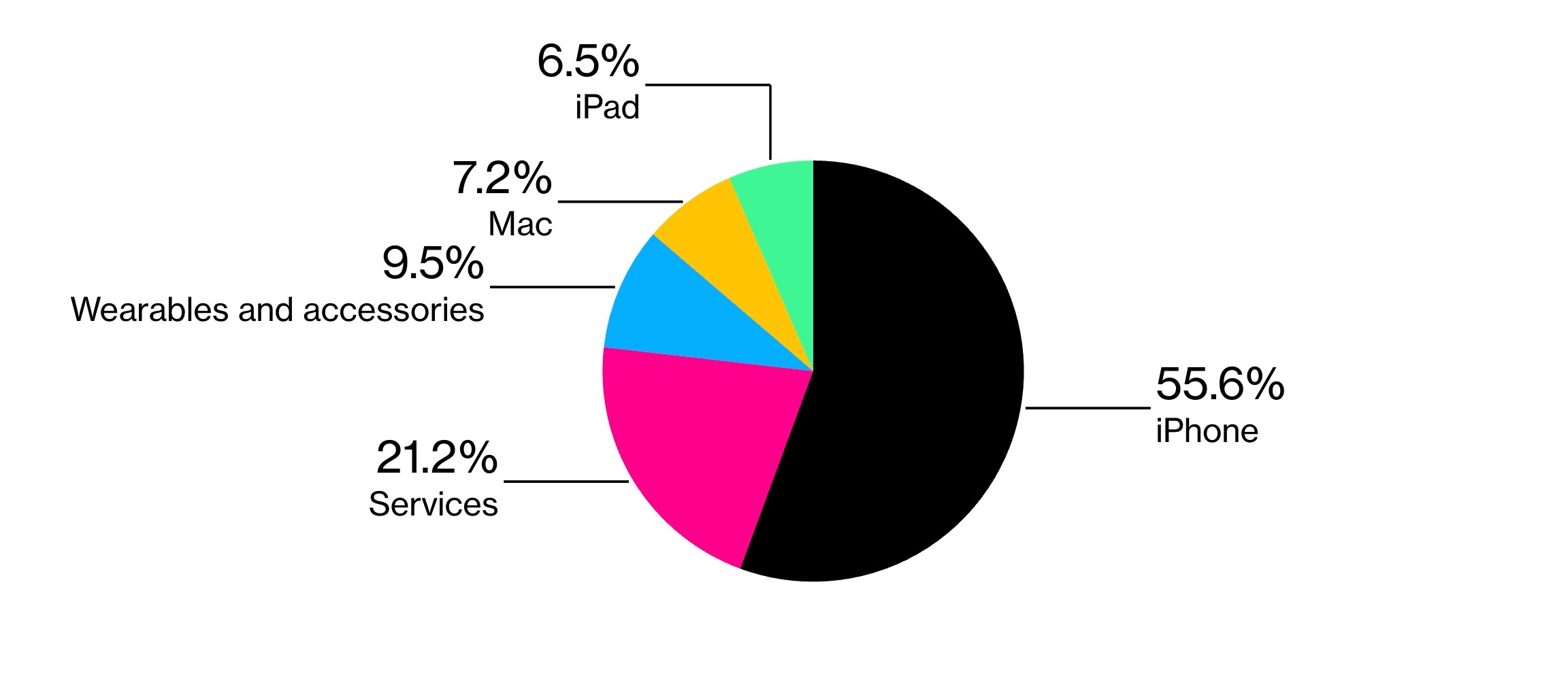 |
Revenue contribution ratio of business divisions at Apple. Photo: Bloomberg . |
White House press secretary Karoline Leavitt said Trump still wants more technology products and components to be produced domestically.
However, over the past 14 years, CEO Tim Cook and late CEO Steve Jobs both said that the US lacked the processes, recruitment capabilities, and supply chain stability to assemble more than 200 million iPhones per year.
"I'm more likely to play the Masters this weekend than Apple to make iPhones in the U.S. in the next few years. The math and complexity makes it impossible," said Dan Ives, an analyst at Wedbush Securities.
In 2011, former President Barack Obama asked Steve Jobs to make iPhones in the US instead of China. By 2016, Trump was also pressuring Apple to change its stance. However, Cook insisted that the US did not have enough skilled workers to compete.
“In the US, you can have a meeting with machine engineers, but I’m not sure the number of people can fill the room. In China, the conference can fill multiple football fields,” Cook shared at an event in late 2017.
The importance of China
Analysts remain optimistic about Apple’s ability to convince Mr. Trump to grant more exemptions. Apple has been one of the hardest hit tech companies since the president announced the tariffs.
Another concern is China’s retaliation if Apple moves its supply chain too quickly. The country accounts for 17% of Apple’s revenue and dozens of retail stores.
According to Bloomberg , China has launched a number of anti-competition investigations against US companies. In recent years, China has also banned iPhones and some products from government agencies. This move comes after the US banned the technology group Huawei.
The iPhone remains Apple’s biggest revenue contributor (55.6%), with about 87% of its production in China, according to Morgan Stanley estimates. In addition, about four-fifths of iPads and 60% of Mac computers are assembled in the country.
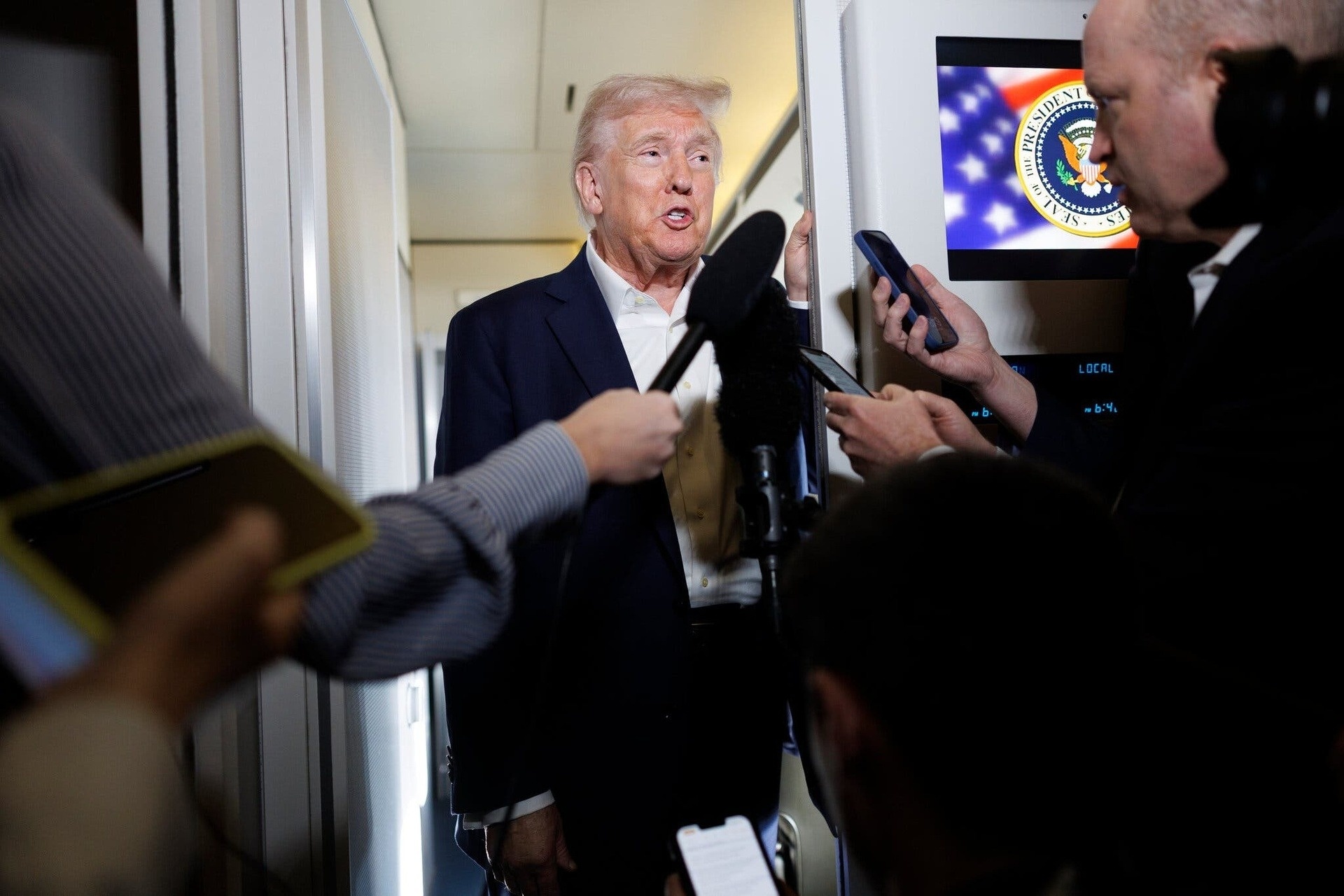 |
Mr. Trump speaks on Air Force One on April 11. Photo: New York Times . |
The above products account for about 75% of Apple's revenue. Meanwhile, other devices such as Apple Watch, AirPods are mostly produced in Vietnam, while Mac assembly has expanded to Malaysia and Thailand.
In the US, the iPad accounts for about 38% of Apple's sales, while the Mac, Apple Watch and AirPods together account for about 50%, according to Morgan Stanley estimates.
Analysts say it is impossible for Apple to completely abandon its Chinese supply chain. Although Mr. Trump has often mentioned manufacturing iPhones in the US, the biggest hurdles come from attracting talent and labor costs.
Apple has been building its supply chain in China for decades, and since the tariffs were announced on April 2, lobbyists for Apple and some tech companies have been pushing the White House to issue an exemption.
Apple is not the only company that has stressed that there would be little benefit to moving assembly operations to the US. They argue that the US should focus on high-value jobs and encourage investment in certain areas such as semiconductor manufacturing.
Source: https://znews.vn/apple-tam-thoat-khoi-khung-hoang-post1545498.html



![[Photo] National Assembly Chairman Tran Thanh Man meets with General Secretary and President of China Xi Jinping](https://vstatic.vietnam.vn/vietnam/resource/IMAGE/2025/4/14/4e8fab54da744230b54598eff0070485)
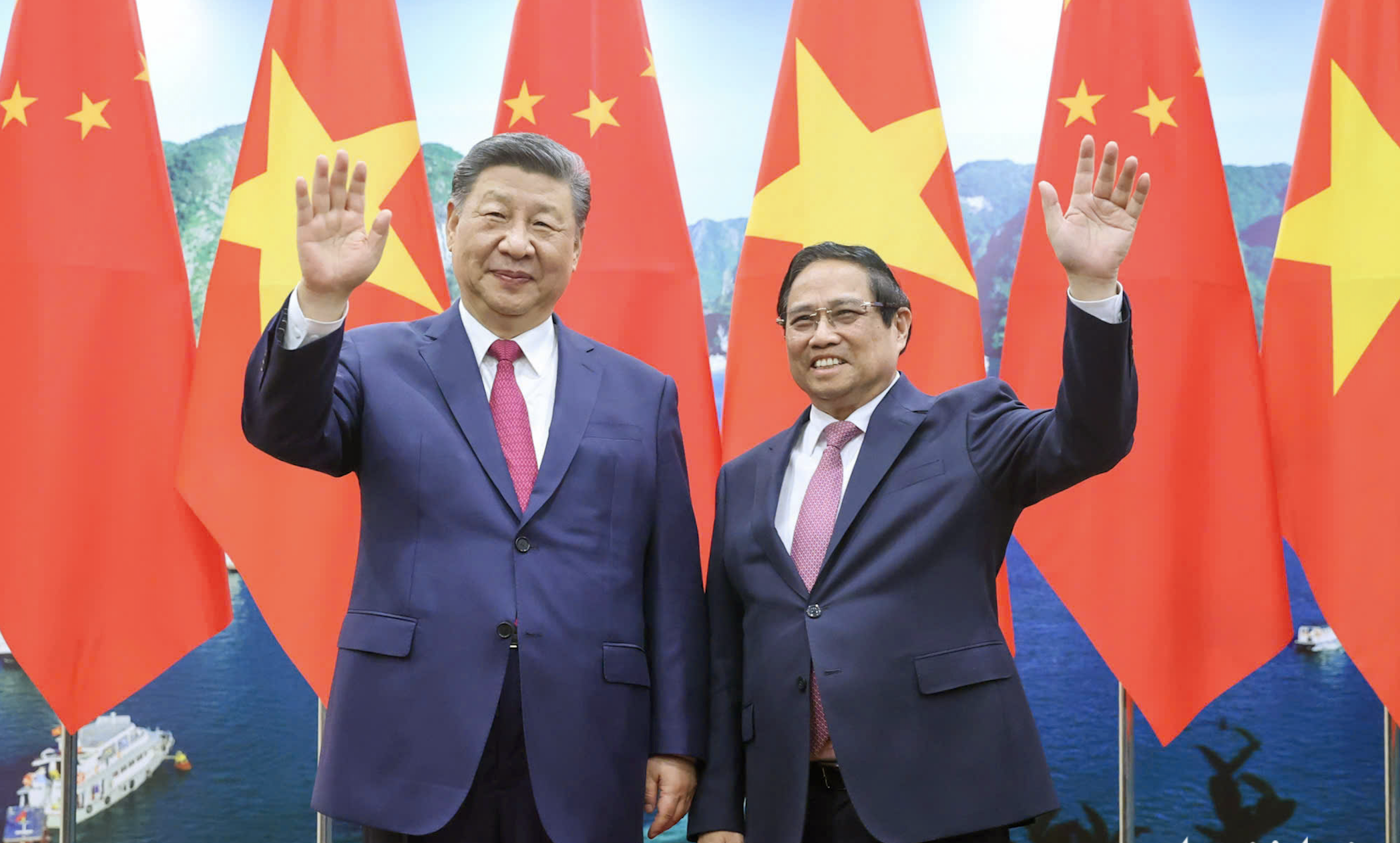
![[Photo] Reception to welcome General Secretary and President of China Xi Jinping](https://vstatic.vietnam.vn/vietnam/resource/IMAGE/2025/4/15/ef636fe84ae24df48dcc734ac3692867)
![[Photo] Tan Son Nhat Terminal T3 - key project completed ahead of schedule](https://vstatic.vietnam.vn/vietnam/resource/IMAGE/2025/4/15/85f0ae82199548e5a30d478733f4d783)

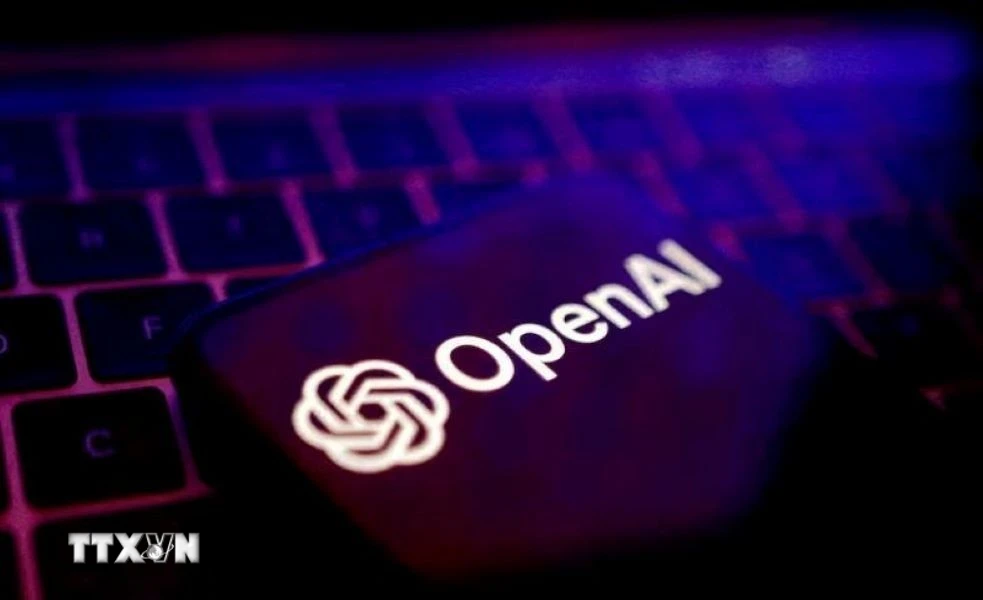
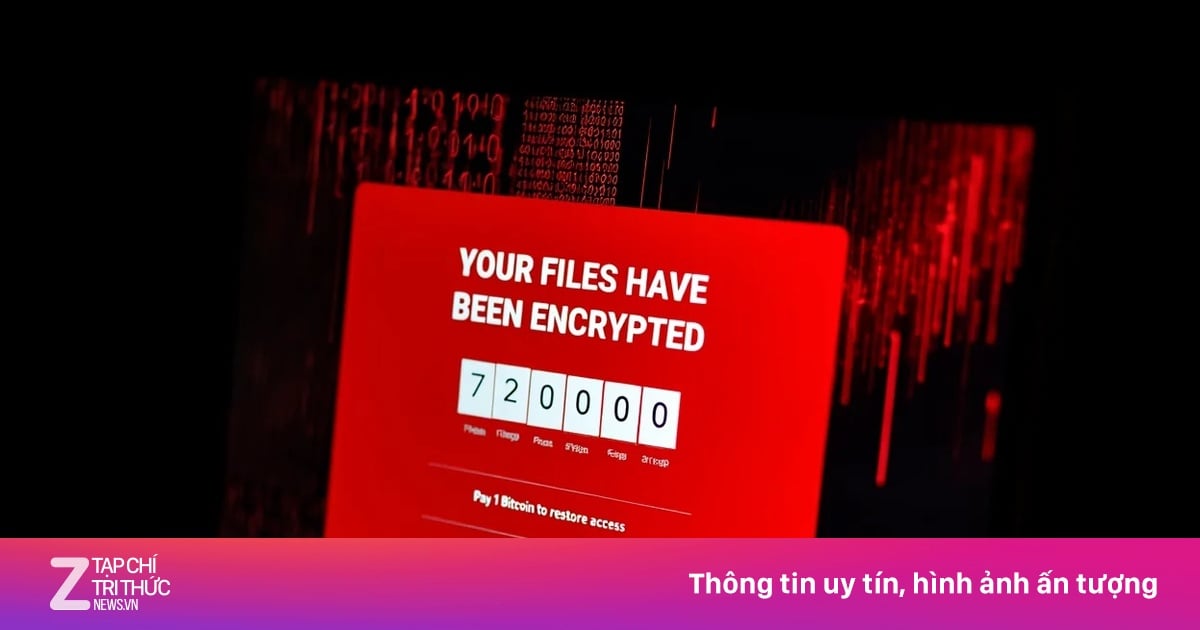

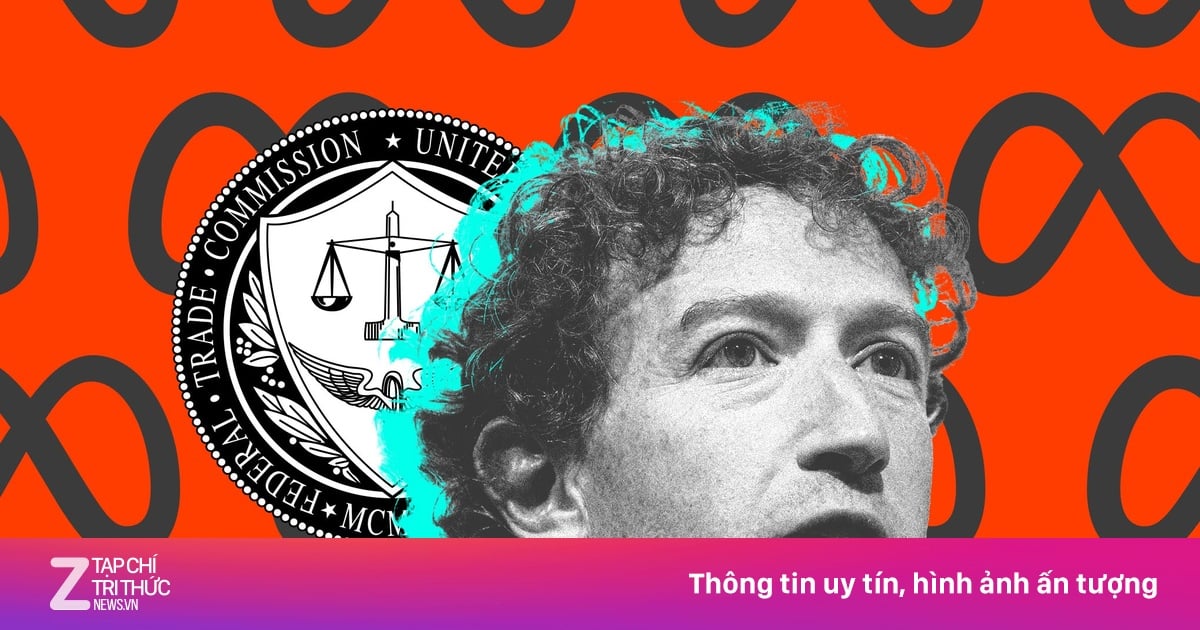
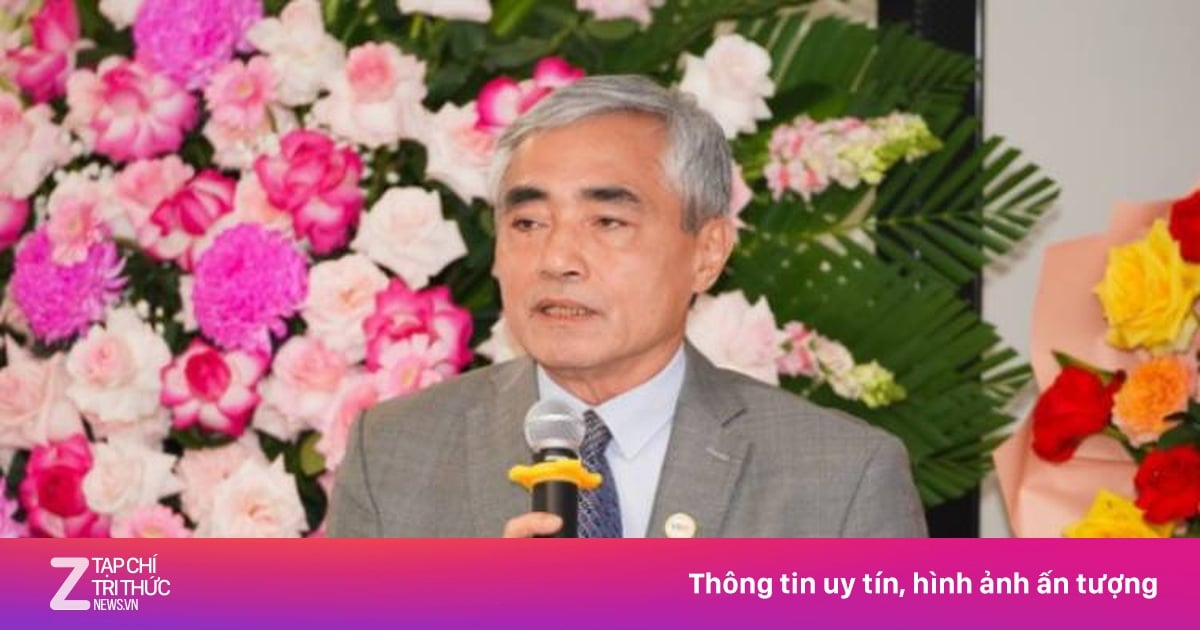
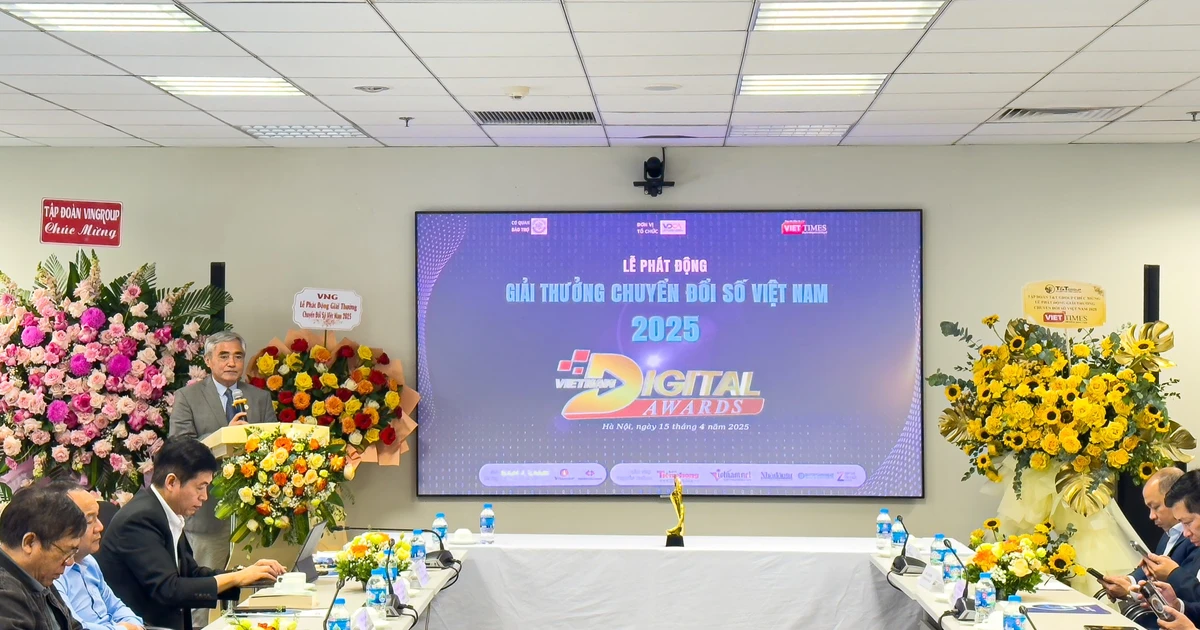







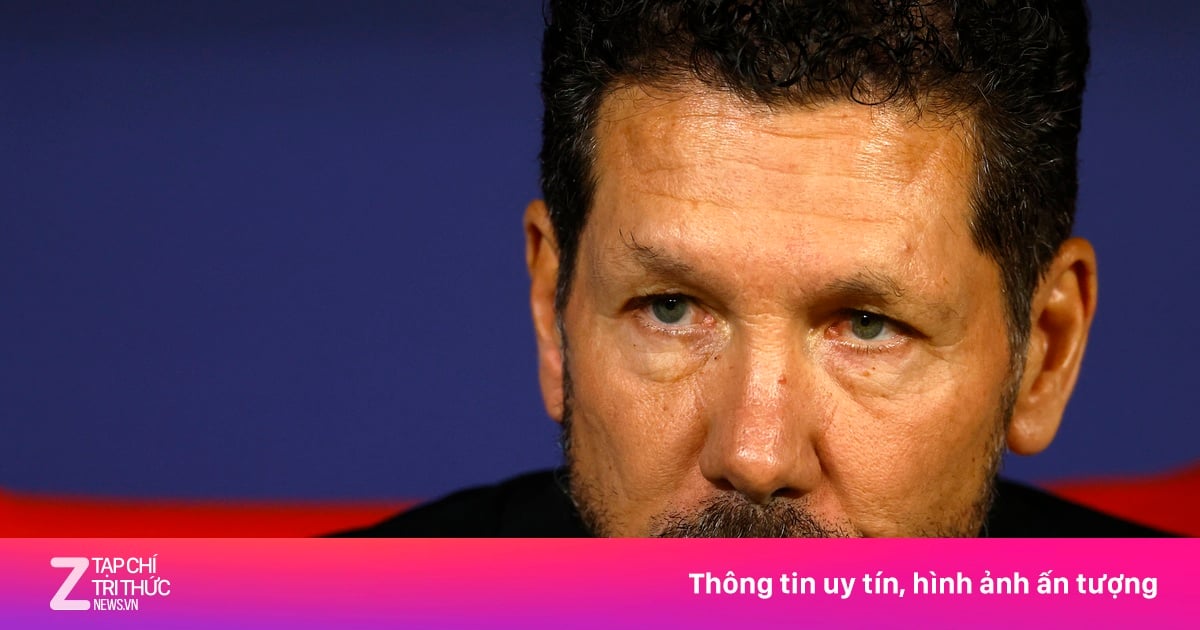

![[Photo] Prime Minister Pham Minh Chinh meets with General Secretary and President of China Xi Jinping](https://vstatic.vietnam.vn/vietnam/resource/IMAGE/2025/4/14/893f1141468a49e29fb42607a670b174)
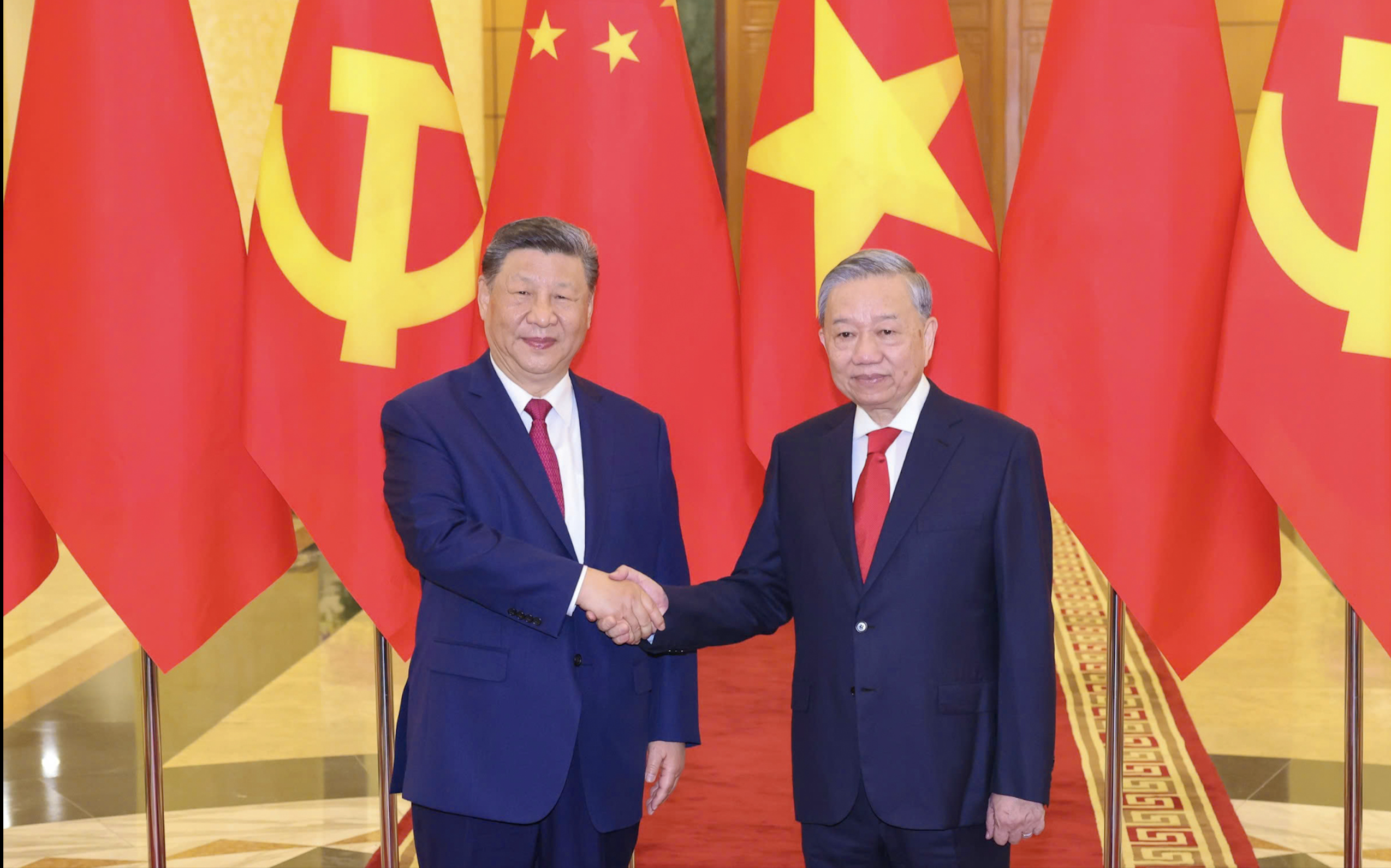


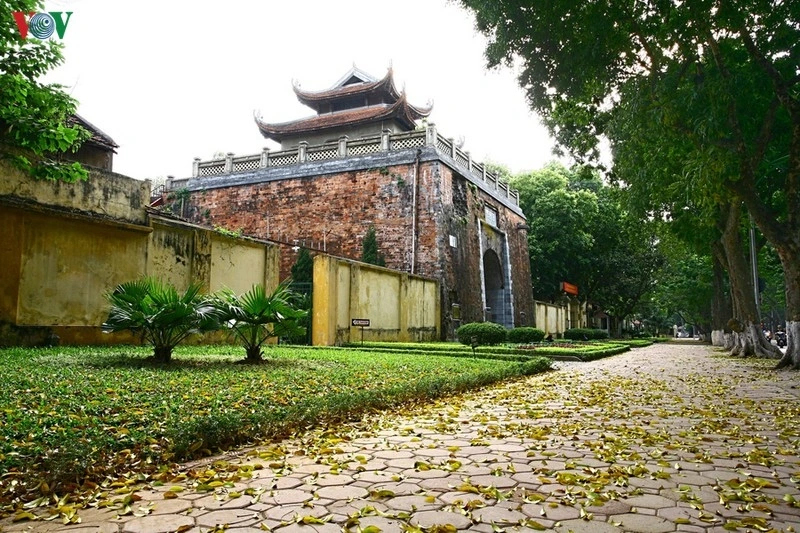


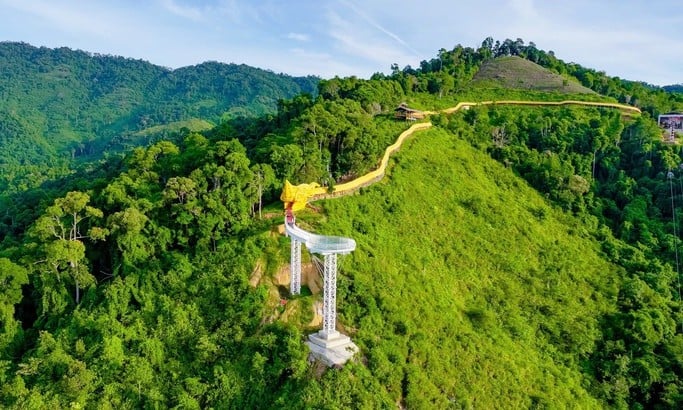









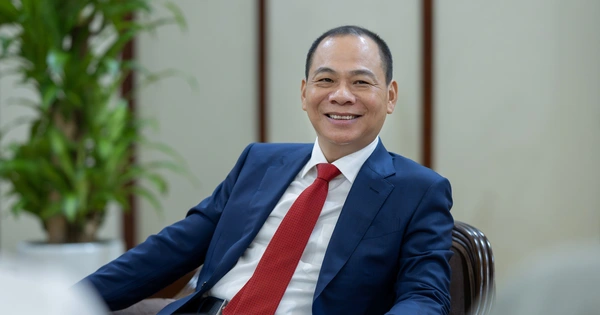
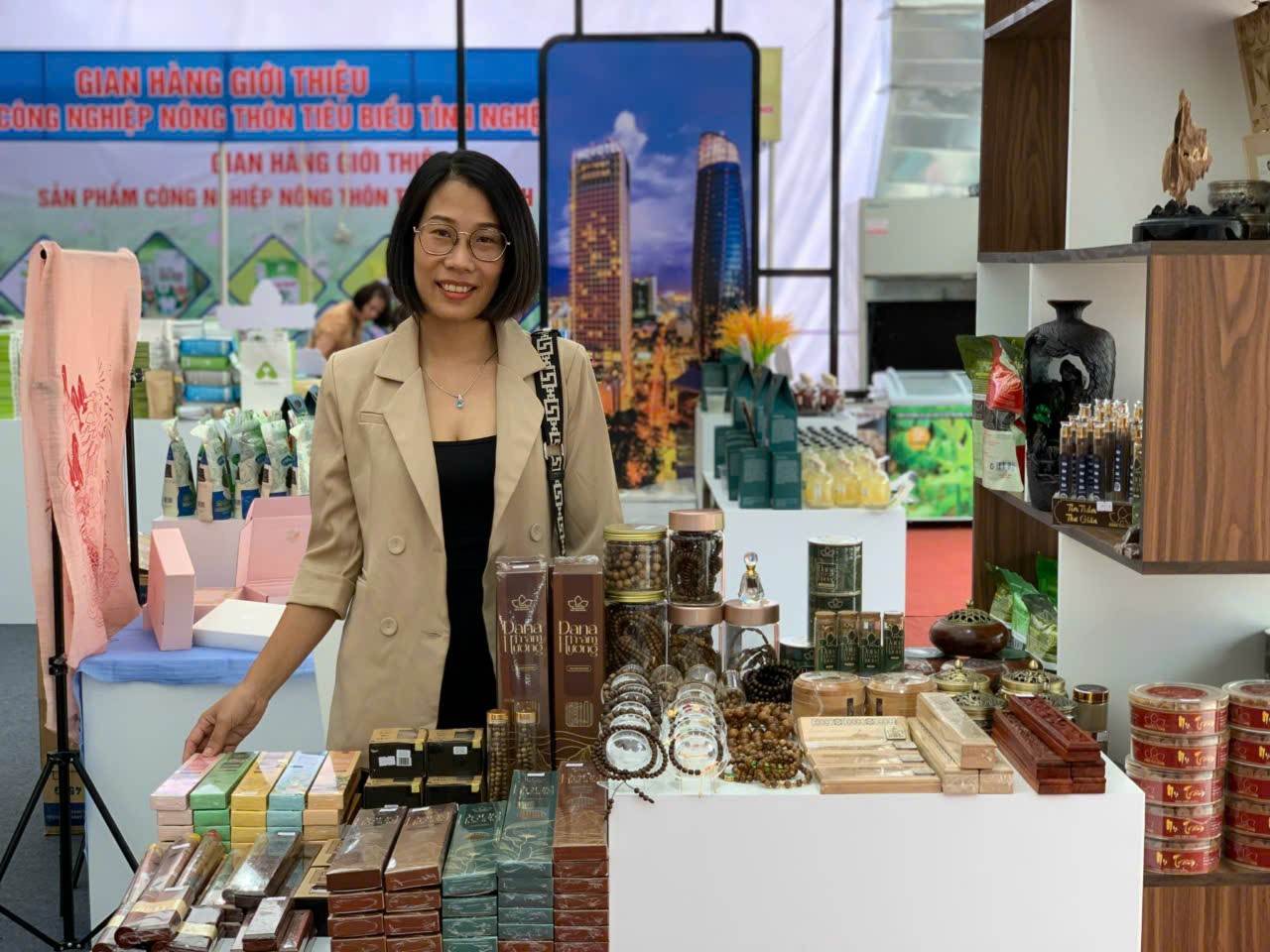



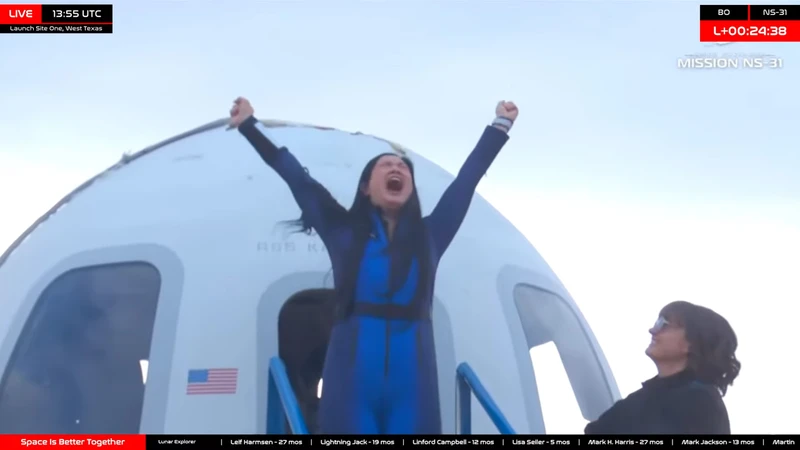
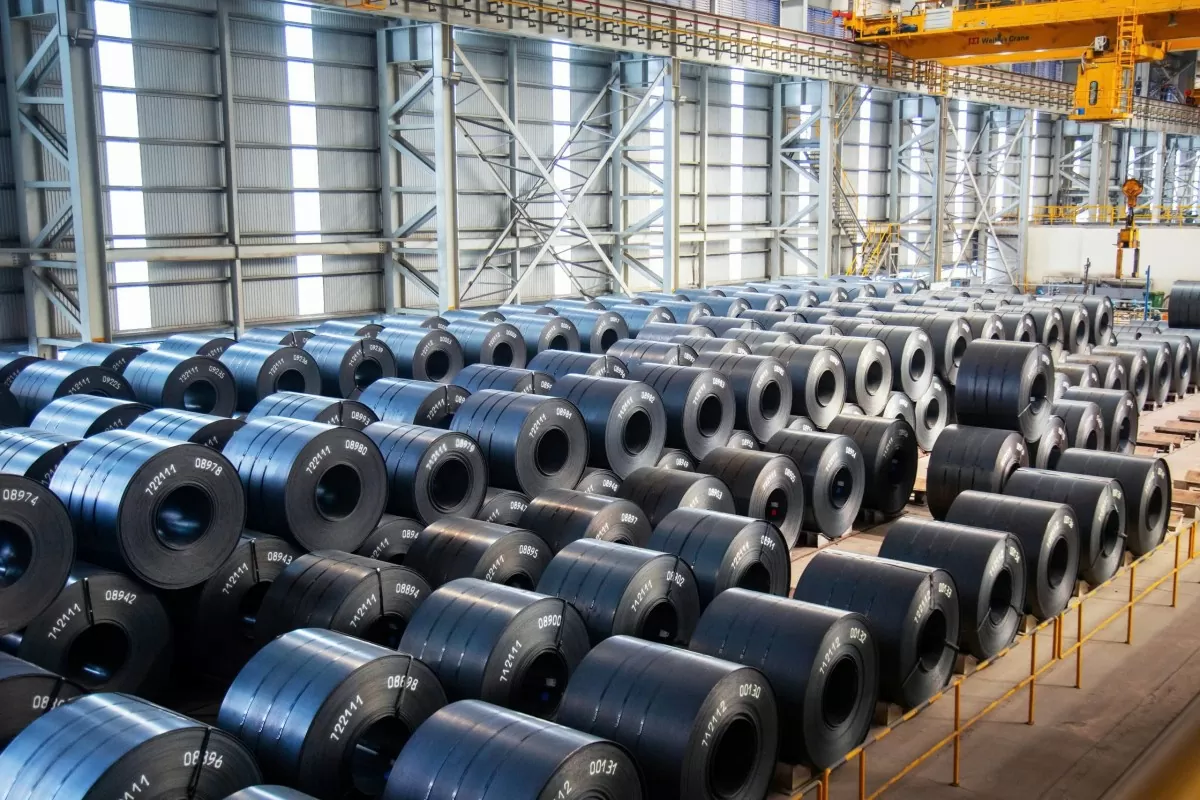

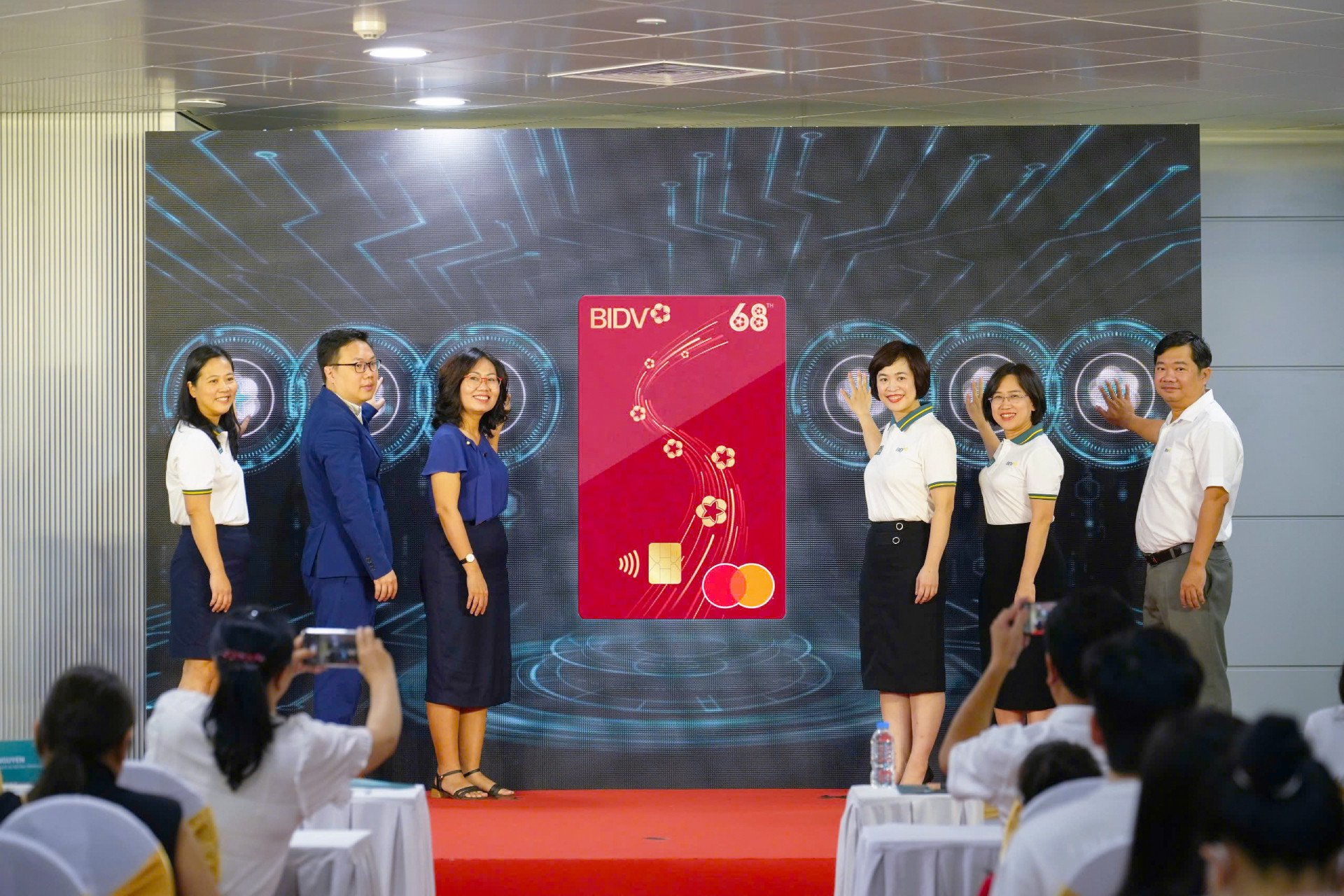

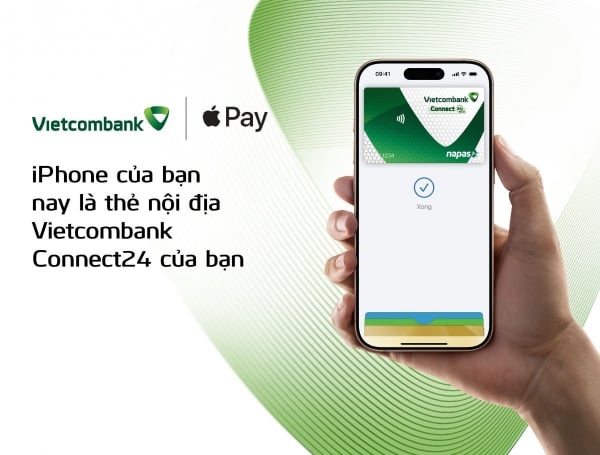
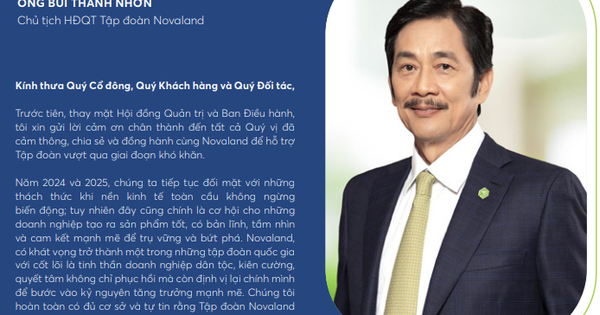








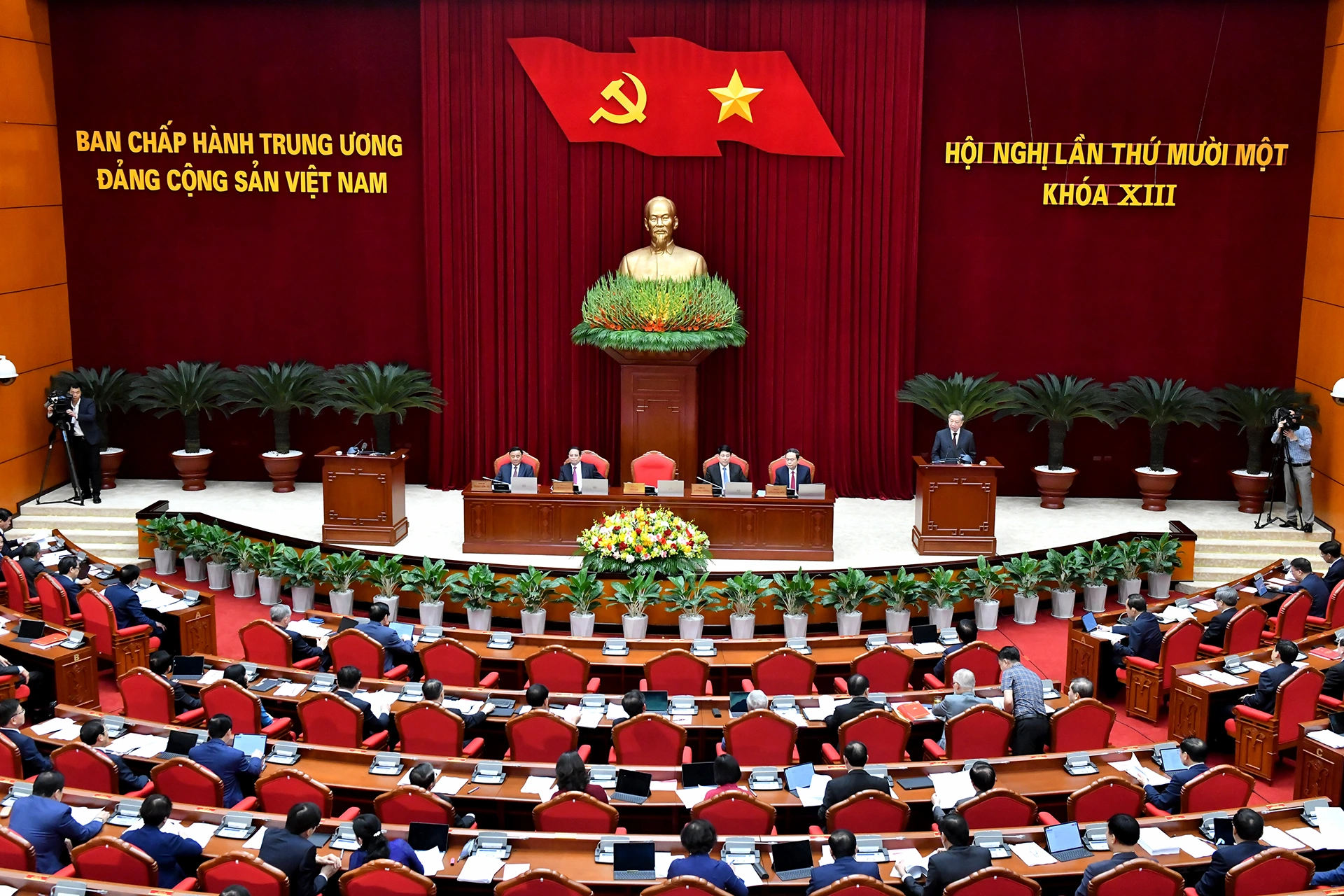
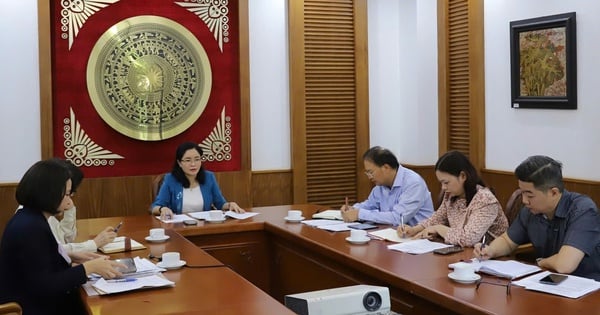

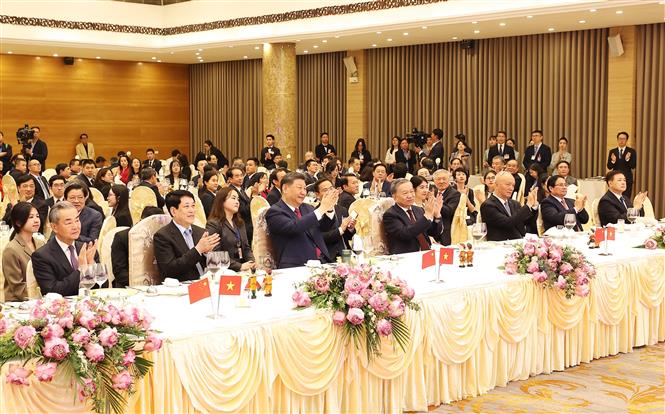

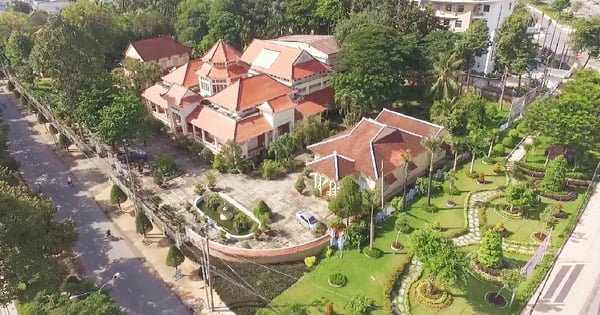

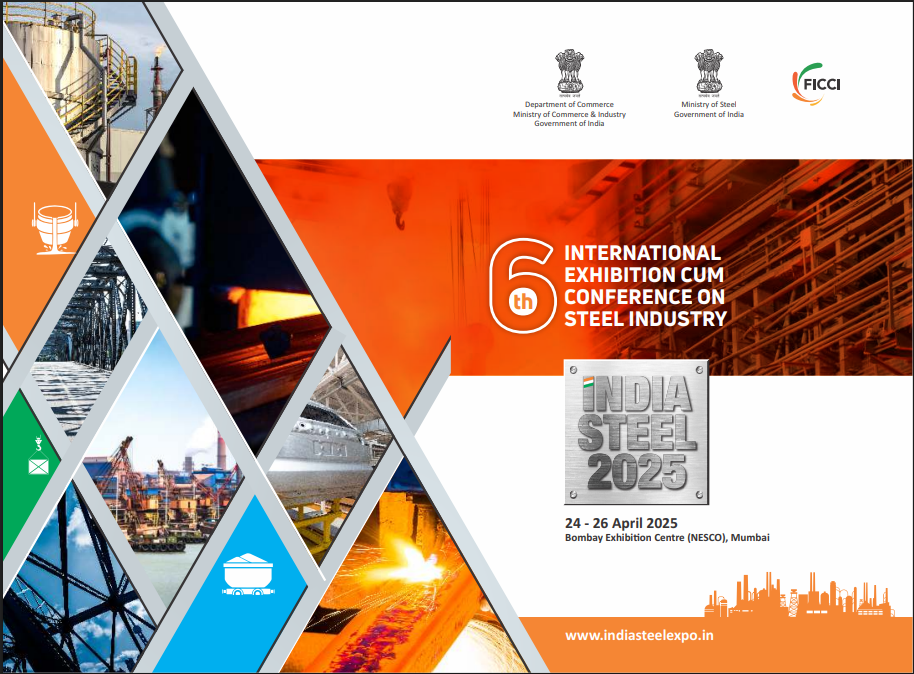

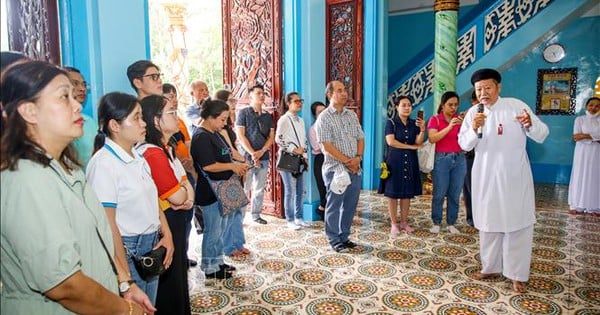
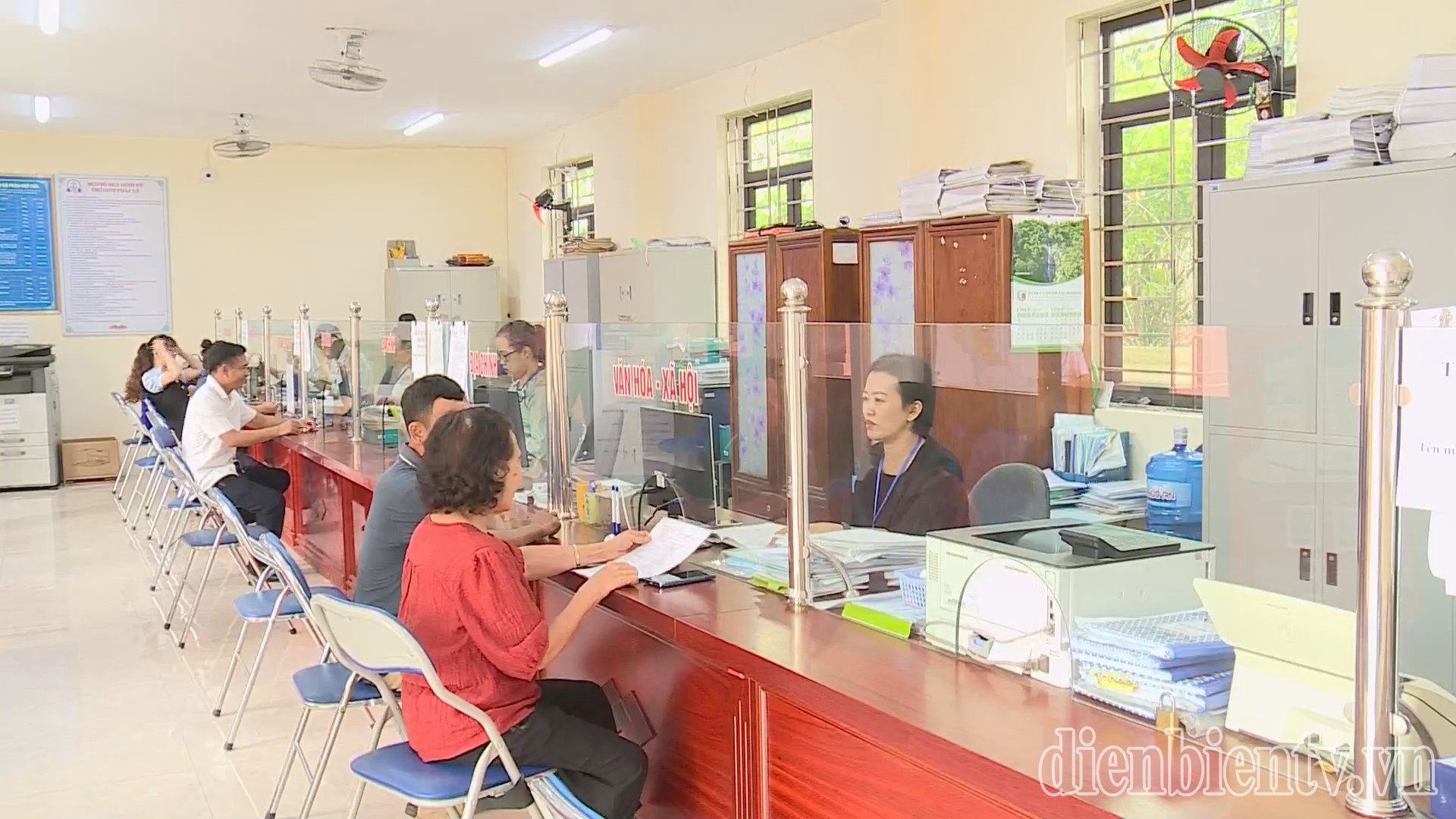
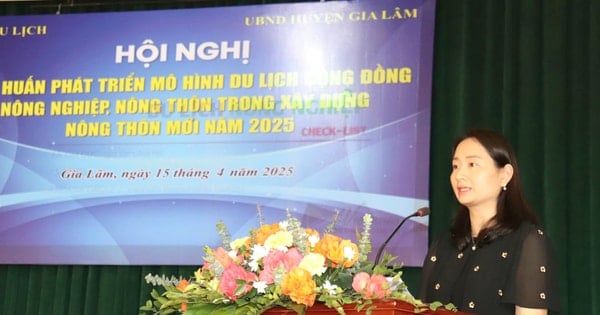


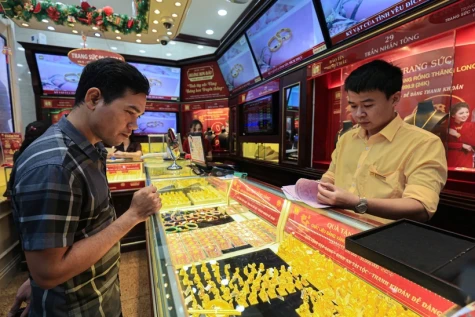

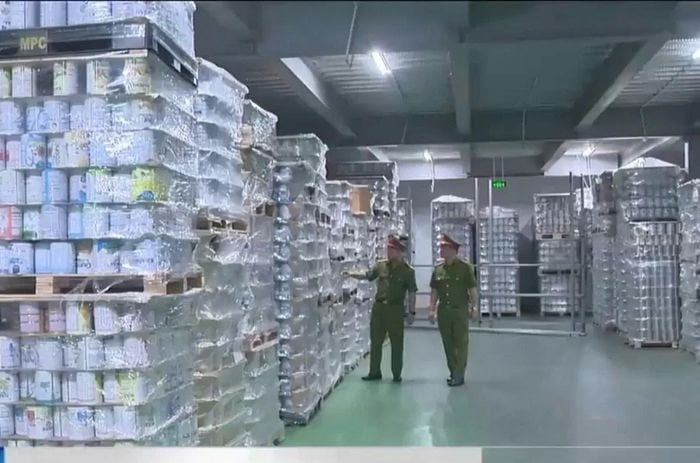

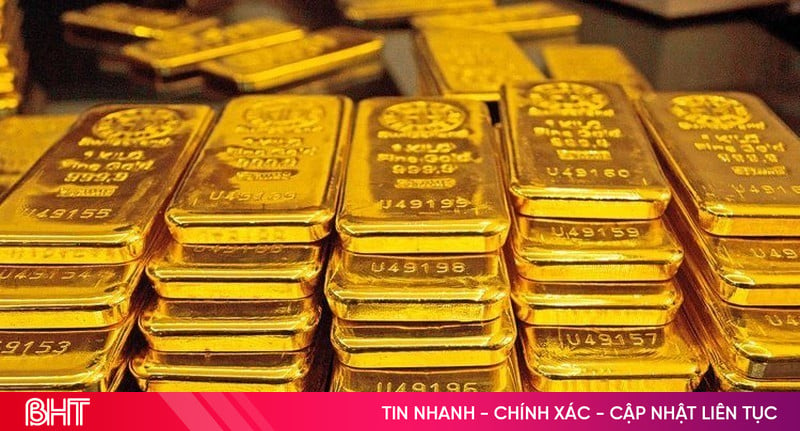

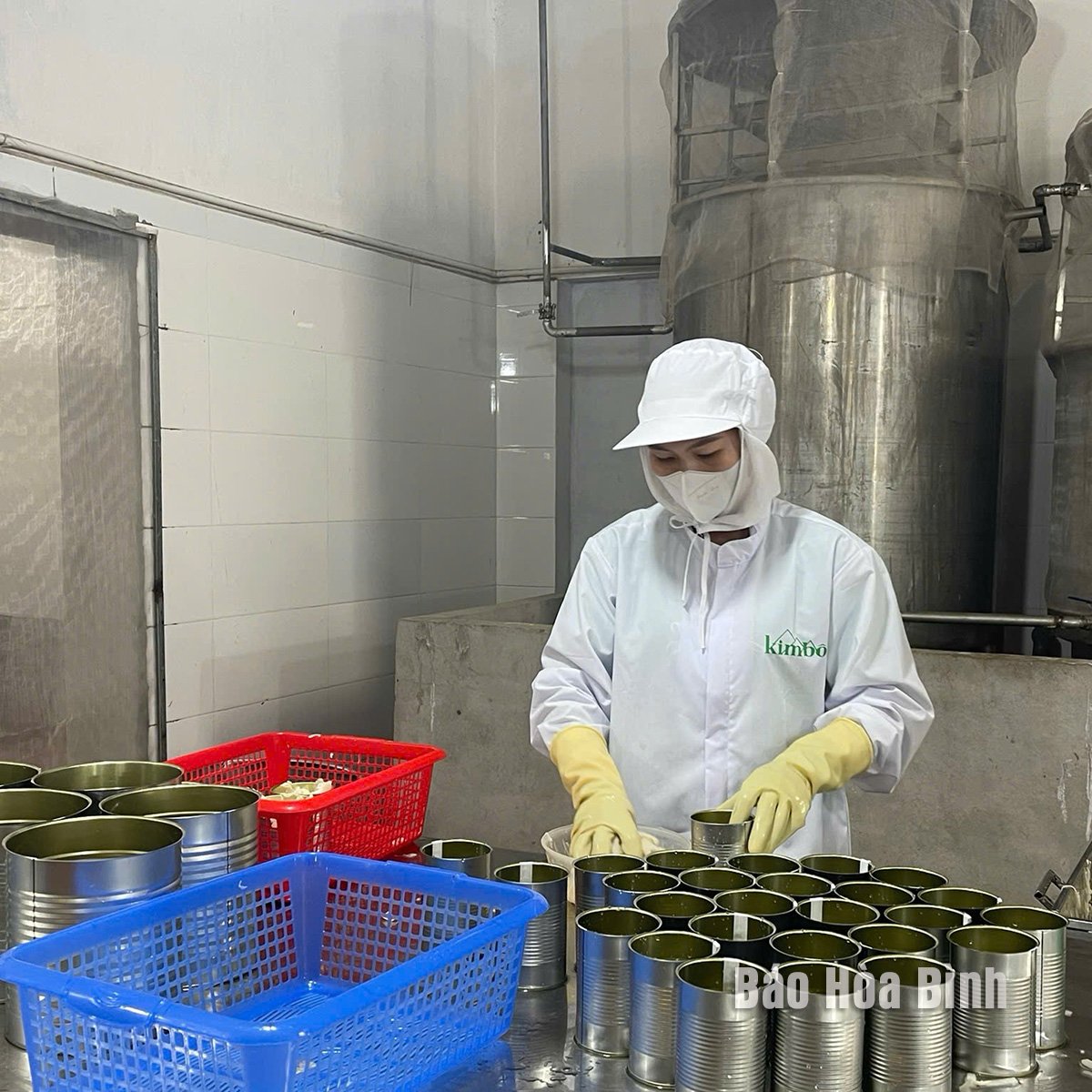



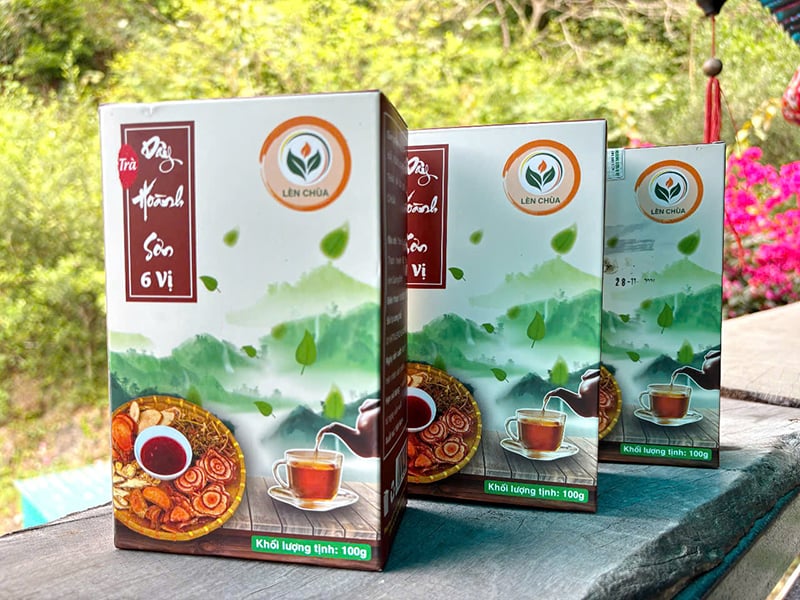
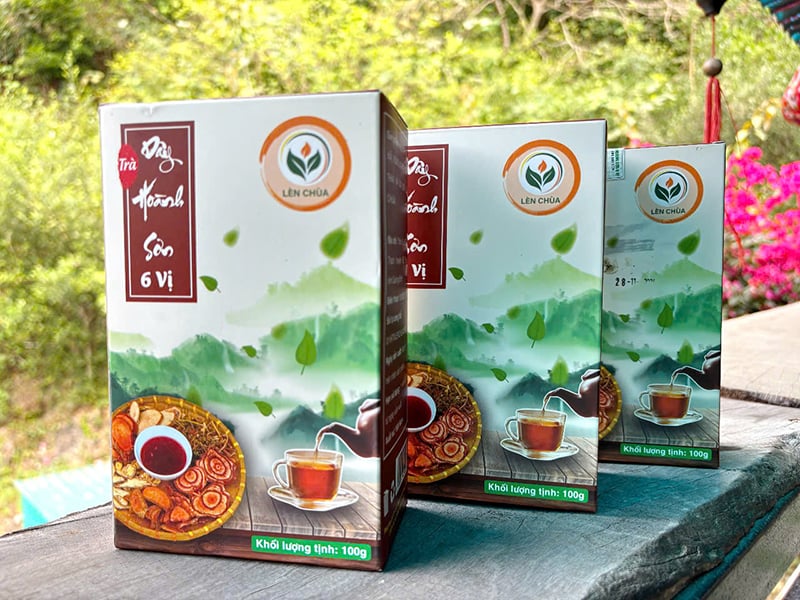


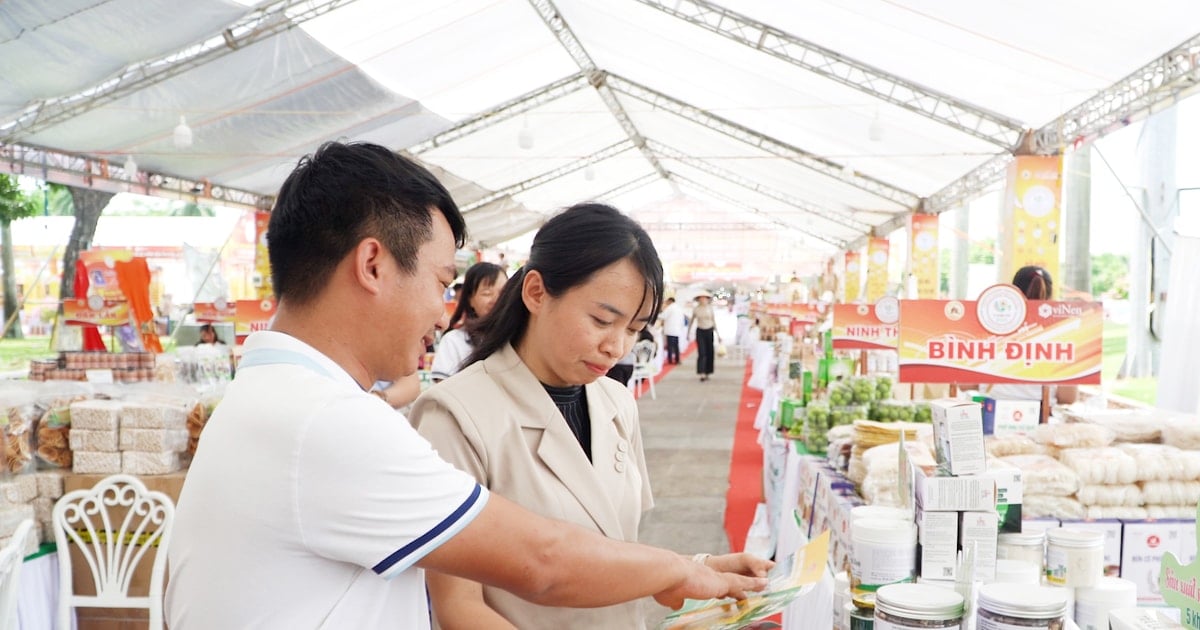

Comment (0)